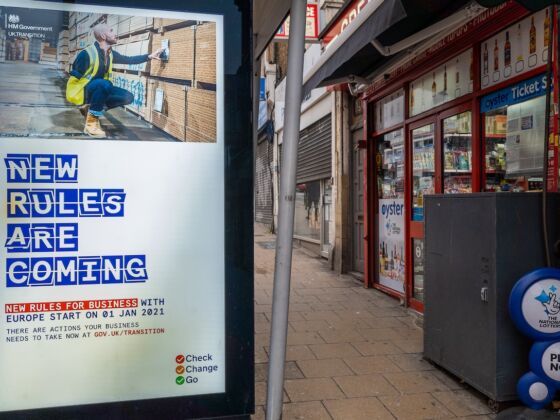Here in Britain we’re currently dealing with the idea of leaving the EU, which we’ve termed Brexit. There’s a referendum scheduled for Thursday, June 23, 2016.
Why some people in the UK want to leave the EU
There are many arguments being put forward for a British exit of the European Union, however, the trump card rallying for this campaign is immigration. Those fighting for a Brexit claim that migrants coming to the UK take jobs and school places from British citizens. Justice Secretary, Michael Gove, said in a column for The Times, “Because we cannot control our borders… public services such as the NHS will face an unquantifiable strain as millions more become EU citizens and have the right to move to the UK.”
